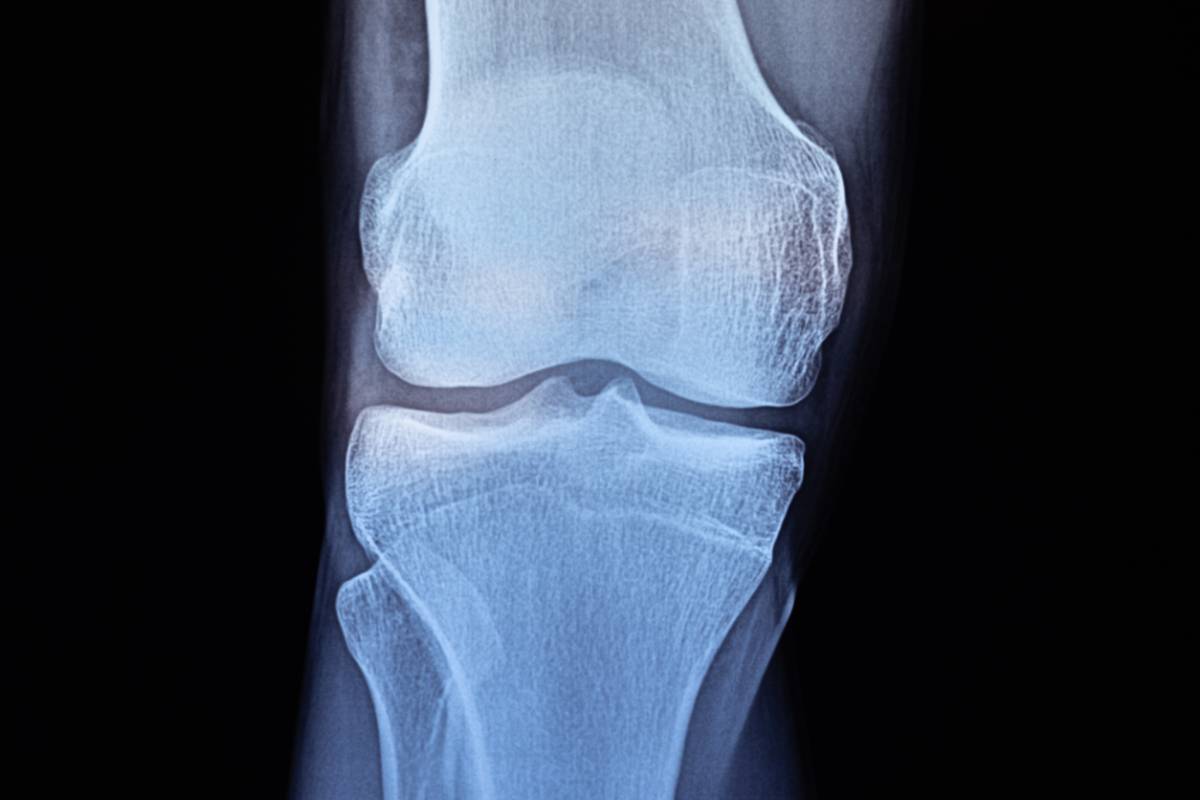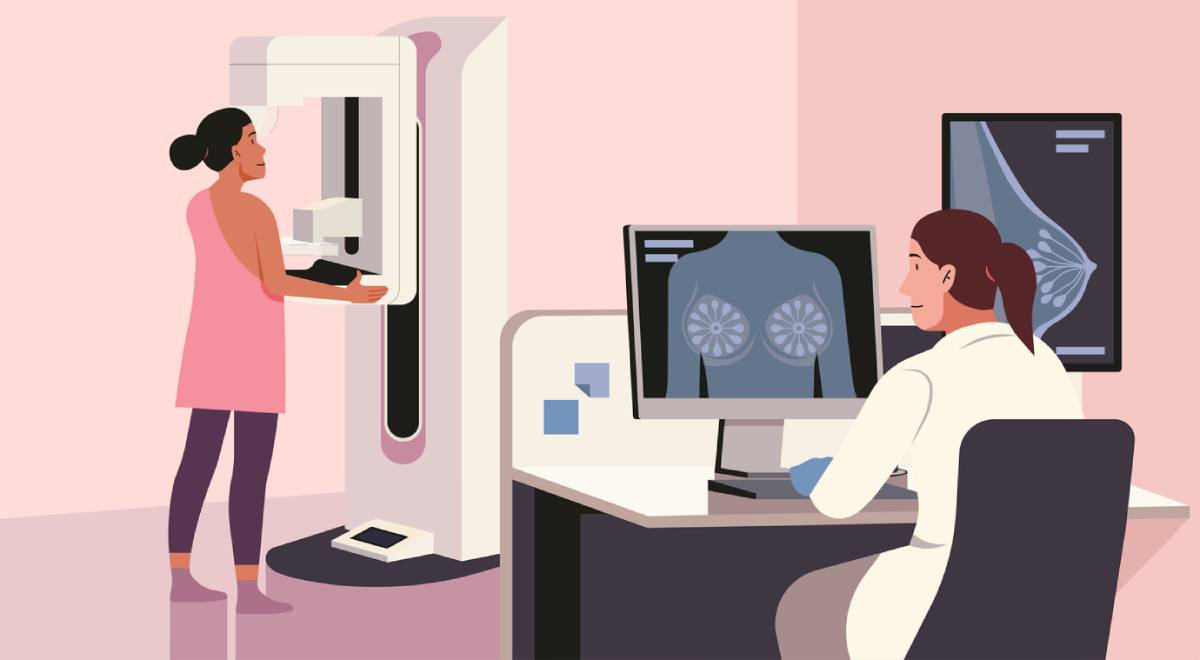Is Internal Medicine the Same as Primary Care?
The healthcare system is complex and overwhelming if you do not know what you are looking for. Many people wonder what type of doctor they should call. Two common types of medical professionals are internists and primary care physicians. Both offer medical support depending on your needs. You may wonder, is internal medicine the same as primary care?
Is Internal Medicine the Same as Primary Care?
Internal medicine doctors and primary care physicians both practice medicine. A primary care physician is a general practitioner for families, children, or adults. They are responsible for managing your overall health, including preventative care, routine checkups, and treatment for common illnesses. However, internal medicine doctors are primary care physicians for adults. They are focused on more complex and chronic conditions. So, an internal medicine doctor can serve as a primary care physician. However, not all primary care physicians are internal medicine doctors. Below, you will find a detailed breakdown of internists and primary care physicians.
Primary Care Physician
A primary care physician is a general doctor who focuses on overall patient health. This can include family medicine, pediatric medicine, or internal medicine for adults. They provide comprehensive care for patients. This includes screenings and vaccines at routine checkups. It also includes prescribing medicine and care for common illnesses. They focus on prevention and treatment for any current health issues.
When to See a Primary Care Physician
If you are unsure about who to call regarding your healthcare, there are several scenarios that point toward contacting a primary care physician. Patients generally see a primary care physician for routine checkups, annual wellness exams, vaccinations, preventative care, and minor illnesses. Any health issues that require additional care may require a specialist. Your primary care provider is a great place to start. They can provide you with some direction by referring you to a specialist.
What To Expect With Your Primary Care Physician
A primary care physician handles all aspects of your health. This is beneficial as they get to know your health history over time to ensure you stay in good shape. Because they see you regularly, the relationship development allows your primary care physician to see your lifestyle and habits. This can help them predict potential issues and guide you in the right direction when it comes to your health. With a focus on prevention, they can improve your long-term health outcomes.
Internal Medicine Doctor
An internal medicine doctor specializes in adult medicine and focuses on the diagnosis, treatment, and prevention of a wide range of diseases. This includes diabetes, heart disease, hypertension, and autoimmune disorders. Internists are experts in managing complex and chronic conditions, such as diabetes. They are experts in treating a broad range of health concerns that impact adults. Because of this, they are more specialized than primary care physicians.
When to See An Internist
There are several reasons to see an internist. They are effective in diagnosing and treating online medical issues. This includes complex medical issues, such as chronic illnesses. They are also skilled in managing diseases that impact multiple systems. Diabetes is a common example, as it can impact your kidneys, heart, and vision. Their expertise can ensure your overall health in the long term.
What to Expect With Your Internist
An internist can provide you with their expertise in complex medical conditions. They have advanced training in chronic and mult-system diseases that impact adults. Their expertise provides valuable support when addressing your short and long-term health conditions. You can work with an internist directly. However, your primary care physician may also refer you if your medical conditions are outside of their scope of care.
Health Care Clinic
If you are looking for a health care clinic, contact the team at West Texas Health today to schedule an appointment!









